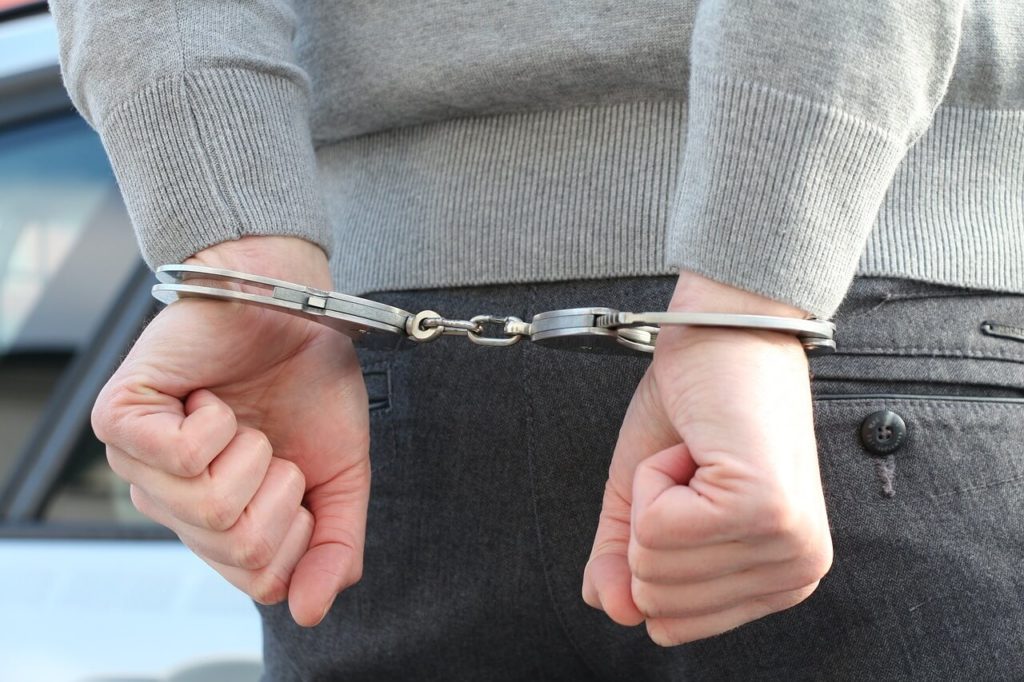Being wrongly accused of a crime is the last thing anyone wants to happen. Unfortunately, innocent people can be caught in the crossfire of circumstances, causing a witness or victim to misidentify suspects or lead police to think that an innocent suspect committed a crime.
It’s important to know what steps to take if you are falsely accused or charged with a crime. First, you should retain an experienced criminal defense attorney as soon as possible and do not speak with the police without consulting with your attorney. Next, you’ll want to collect as much physical evidence relating to the incident that is available to you. This includes documents and records such as emails and financial receipts or objects such as clothing or videos that could relate to the case. The goal is to find evidence that might prove your innocence.
Additionally, there are a number of actions you do not want to take when falsely accused. Do not destroy any evidence that you consider damaging. Doing so can make you more suspicious. Under no circumstances, talk to or contact the victim or witnesses. Talk to an attorney if you feel that communicating with the accuser or alleged victim could resolve the matter. Taking matters into your own hands can complicate your situation, causing you to be further accused of attempting to intimidate a victim or witness. Similarly, do not talk with law enforcement or submit to any testing without an attorney present.
Anyone accused of a crime should speak with an attorney to get legal guidance regarding the situation. In addition to providing advice specific to the alleged crime, your attorney will be ready in the event you are formally charged or arrested.
Once formally charged with a crime you did not commit, you and your attorney will need to evaluate your options by investigating the case and preparing for trial. Following any formal charge, the defense and prosecution will spend time investigating and preparing the case. During this time, it will be determined whether a plea is appropriate and agreeable to all parties, or whether the case will go to trial. The prosecution is required by law to disclose any findings that may show that the defendant is not guilty. Both the defense and prosecution must disclose witnesses and evidence intended to be presented at trial.
Using evidence from both sides, the defense attorney can evaluate whether it’s likely that the prosecution can prove guilt beyond a reasonable doubt. Such information can be beneficial in considering any plea offers. It may be painful or insulting for an innocent person to consider a plea offer; however, it’s crucial to weigh all options when facing a potential conviction.
In the event a falsely accused defendant must go trial, evidence showing innocence and discrediting witnesses will be essential. At trial, jurors are instructed to review the evidence presented and determine whether it proves guilt beyond a reasonable doubt. Providing proof that a witness is not credible may create reasonable doubt.
In some situations, being falsely accused or charged can happen suddenly. Knowing the right steps to take to protect yourself legally can make a tremendous difference in the outcome of your situation. If you find yourself in such a position, our skilled defense attorneys are here to help.

